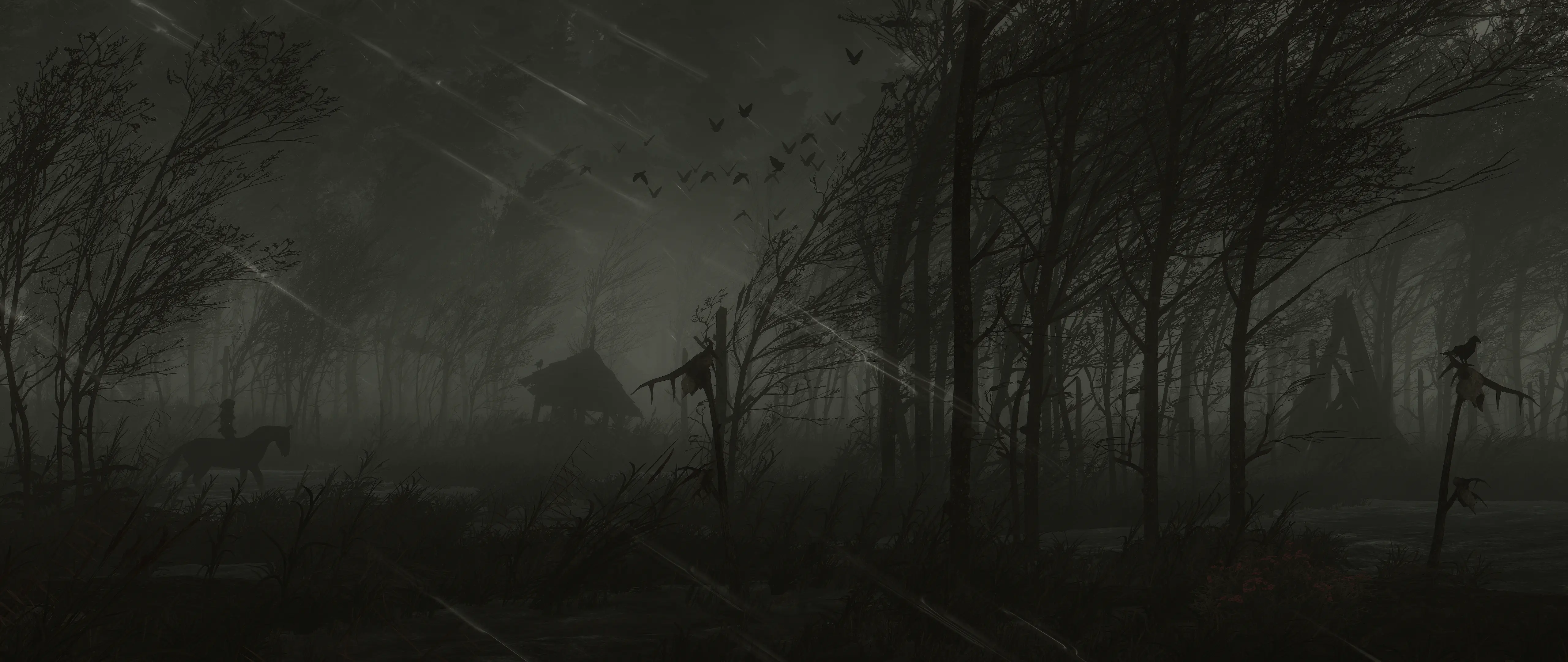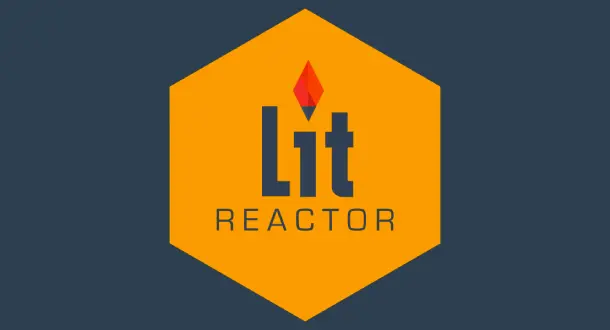Menu
Columns
Showing 3546 Columns
Showing 3546 Columns
October 14th, 2019

Hello, and welcome back to Publishing 201—an occasional column in which I'll answer your questions about writing and publishing, so long as they haven't been asked and answered a million times already. There is plenty of 101-level advice out there, and thousands of writers who can repeat it, but very little has been written for writers further along in their careers or aesthetic development. If you have a 201-level question you'd like me to answer, reach out!
Read Column →October 14th, 2019

Photo courtesy of the author I’m a big fan of tattoos. I haven’t always been, but it’s like I woke up one day halfway through college with this idea in my head of the tattoo I wanted, and once I got that one, I couldn’t stop. I now have four—three on my right arm, and the original on my left. My third tattoo, which I got at a little shop in Mexico City, is my literary tattoo.
Read Column →October 11th, 2019

Farts. Flatulence. Toots. Breaking Wind. Blowing Ass. Cropdusting. I’d just like to point out that writing this column is technically a job for me. And by writing it, I’ve confirmed the saying is true: “Do something you love and you’ll never work a day in your life.” Beef walk, brown belch, cornhole crack, trouser cough, bumsen burner. I got a late start on Stephen King, but since I got rolling I’ve been plowing through his books faster than a heinous fart wrecks a nice Sunday morning in bed.
Read Column →October 10th, 2019

"Swamped Swallow" by DigitalEpicness / Public Domain "It was a dark and stormy night..."
Read Column →October 10th, 2019
This was originally going to be a nice article that analyzed other successful writer's habits and routines, and how you could then apply said lessons to your own writing discipline. I would talk about people like Hemingway, Stephen King, Faulkner, and Murakami, then analyze the trends that appeared in their routines and show the common threads that ran amongst them so that you could apply that to your own routine. I got 80% through writing that article, and then realized it was kind of bullshit and threw it in the trash.
Read Column →October 9th, 2019

In an old and underrated Robert Redford movie, The Last Castle, he plays a disgraced general in a military prison, toiling under the oppression of a sniveling warden played by the late, great James Gandolfini. The prisoners are stripped of rank and not allowed to salute, and as punishment, the warden has them rebuild one of the ancient prison's stone walls, by hand. When they lament the punishment and put the mildest of efforts into the construction of the wall, the Stoic General Eugene Irwin replies simply, "But it's your wall."
Read Column →October 8th, 2019

What is the scariest thing a writer can think of? Writer’s block... Dyslexia... Illiteracy rates…
Read Column →October 8th, 2019

I developed the habit of journaling in high school. While I compose most of my professional writing at a computer, I still journal by hand, usually in a blank-paged, spine bound notebook, and I don’t ever leave home without taking it. What began as indulgence in adolescent loneliness has over the years transformed into an attempt to salvage memory, correct or record confusion, but also to unload tirades of frustration, anger and fear.
Read Column →October 7th, 2019

The last three years have been completely transformative for me, especially in my writing process. I moved cross-country and went from working an eight-to-five job in an office to working part-time. I became a new mom and a work-from-home parent. Through all of this, I’ve had to adjust my writing schedule in various ways—and admit to others just how important writing is for me. I struggled with it. In a way, my writing process has also been evidence of my process of growth— and through it all I’ve had to weather the difficulties of making time for my craft.
Read Column →October 4th, 2019

In 2017, Hulu's series The Handmaid's Tale debuted, offering viewers a chilling glimpse into a not-so-distant dystopian future that seems quite plausible, given the (still) current real-world political climate of regression, oppression, and fascistic/theocratic leadership tendencies.
Read Column →🎼
Tell us about your book, and we'll give you a writing playlist
Take our 1 minute quiz to find your ideal tunes.